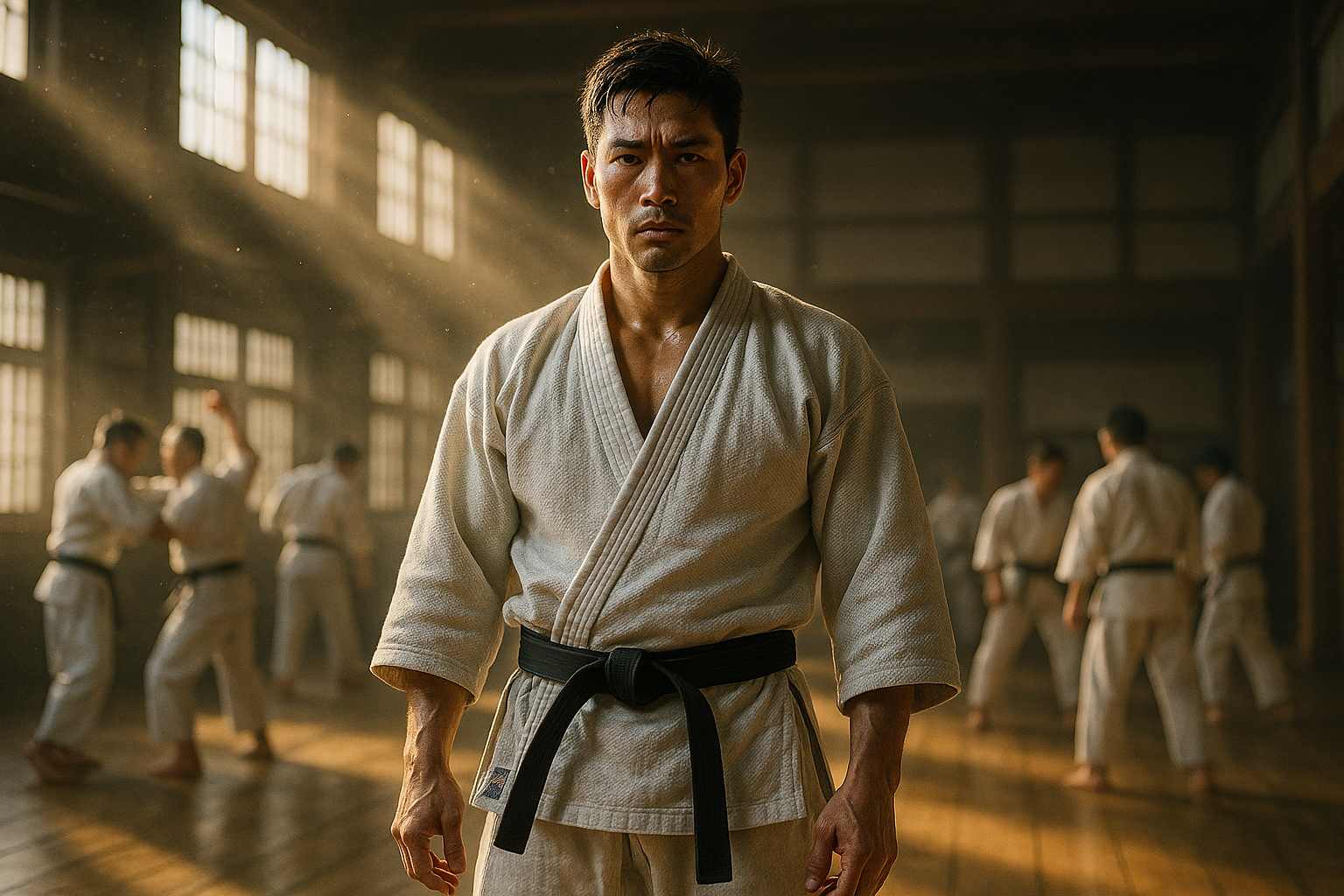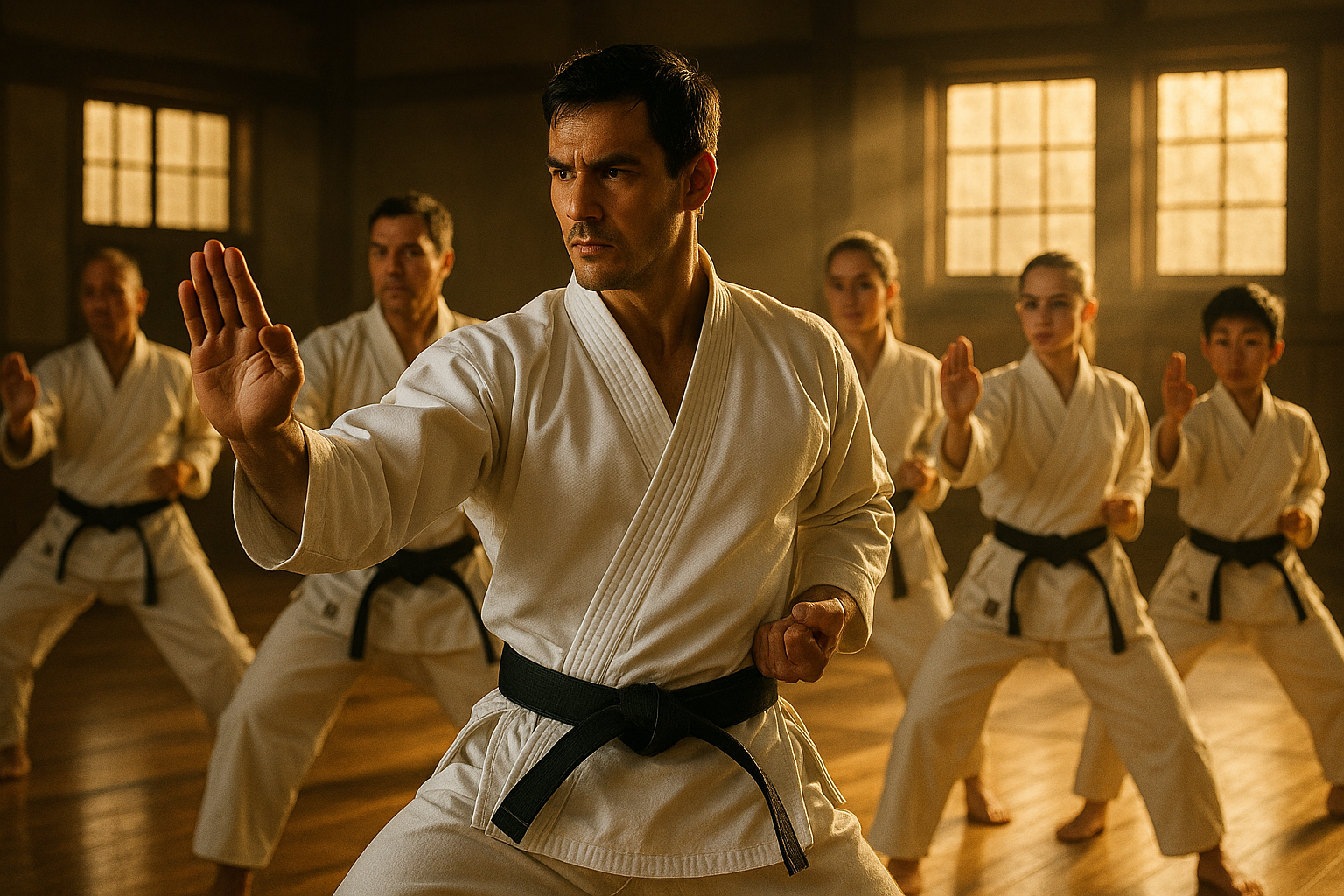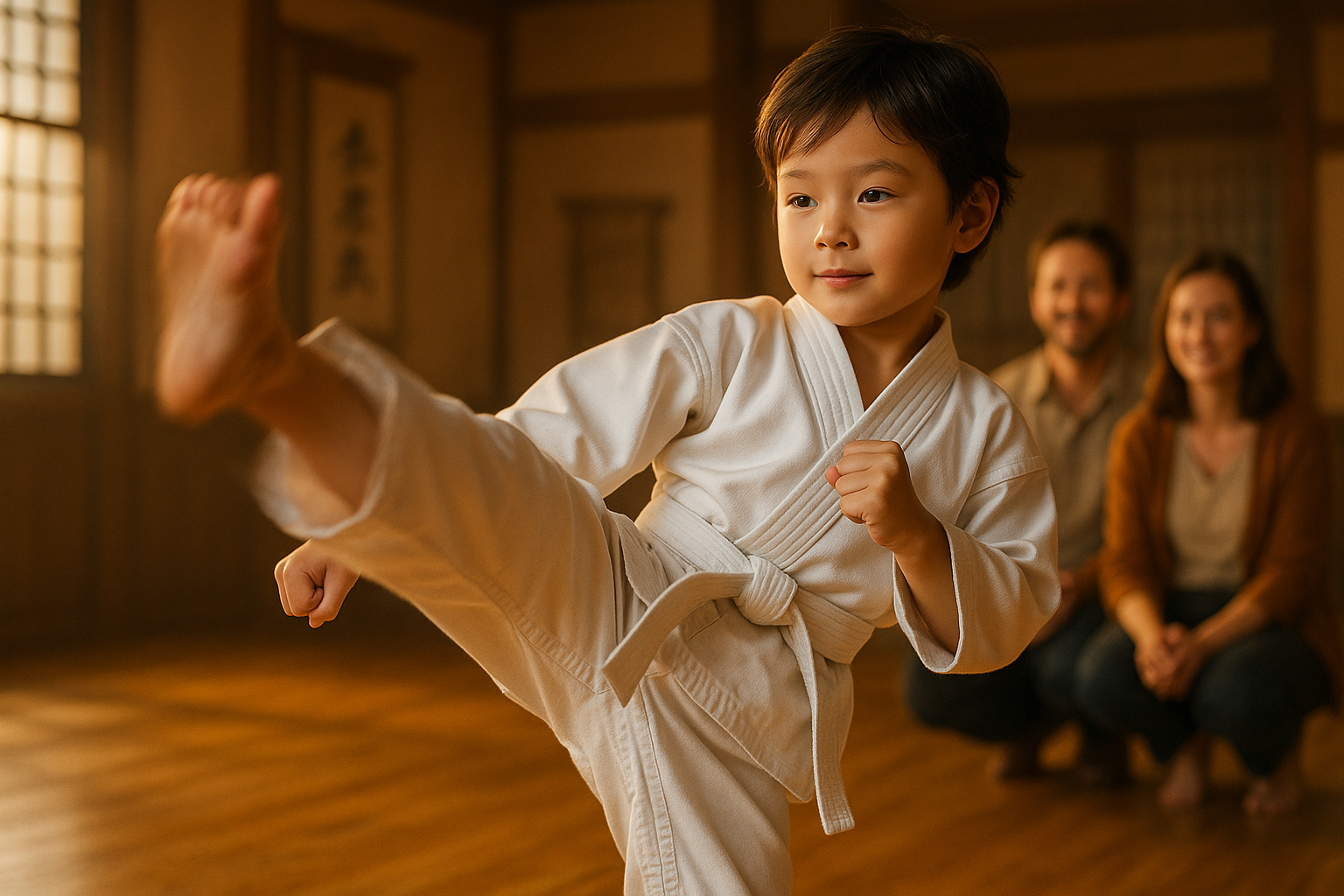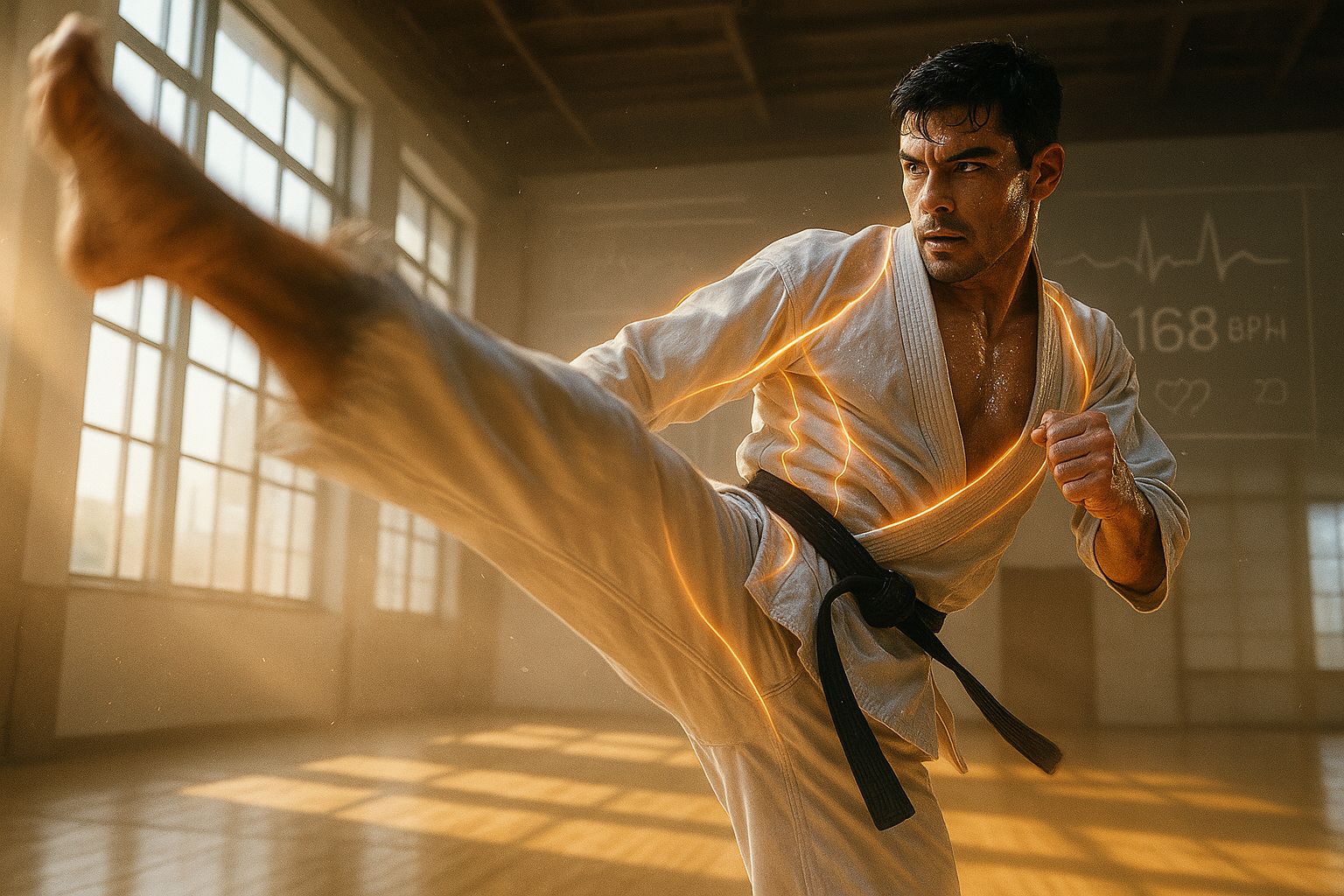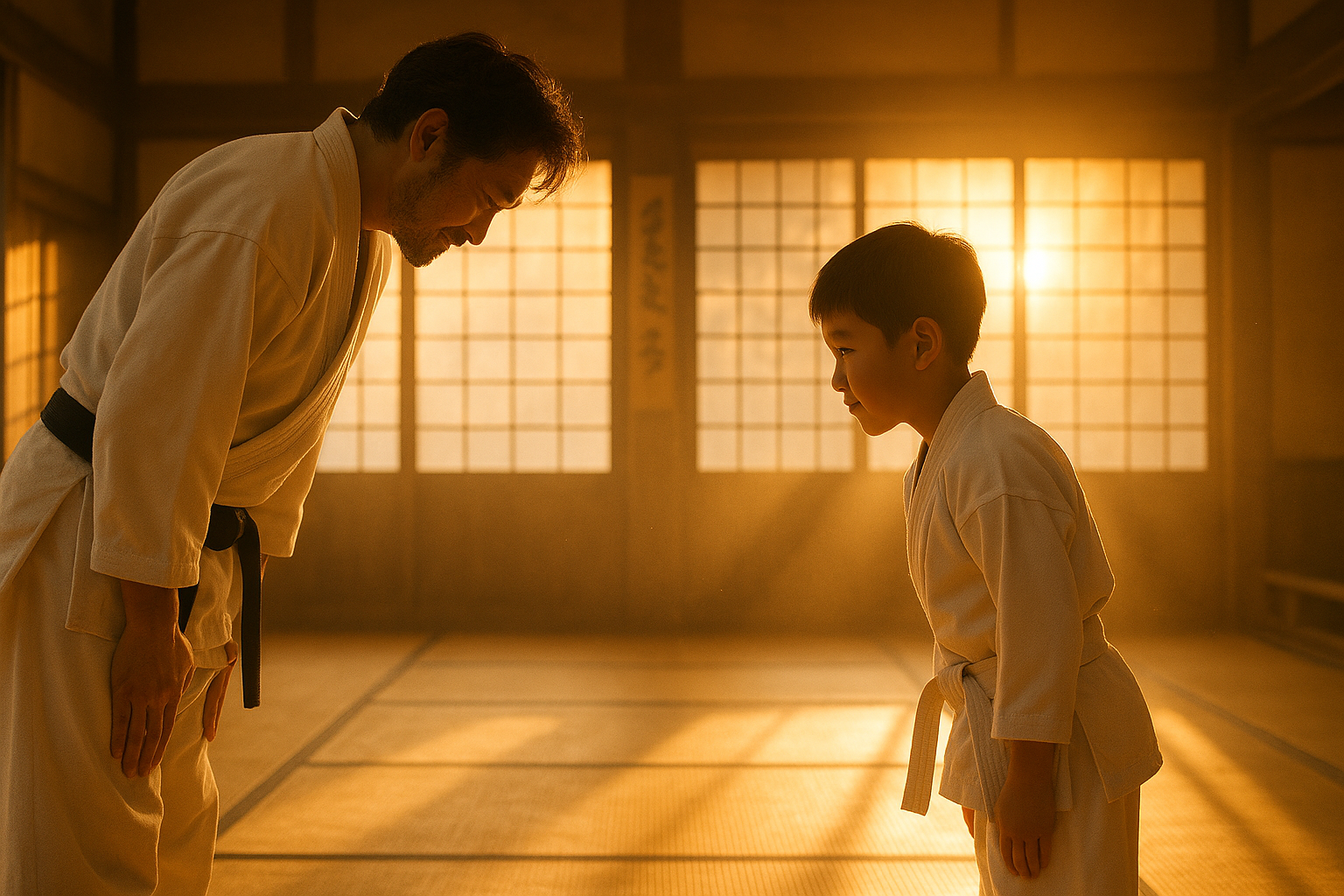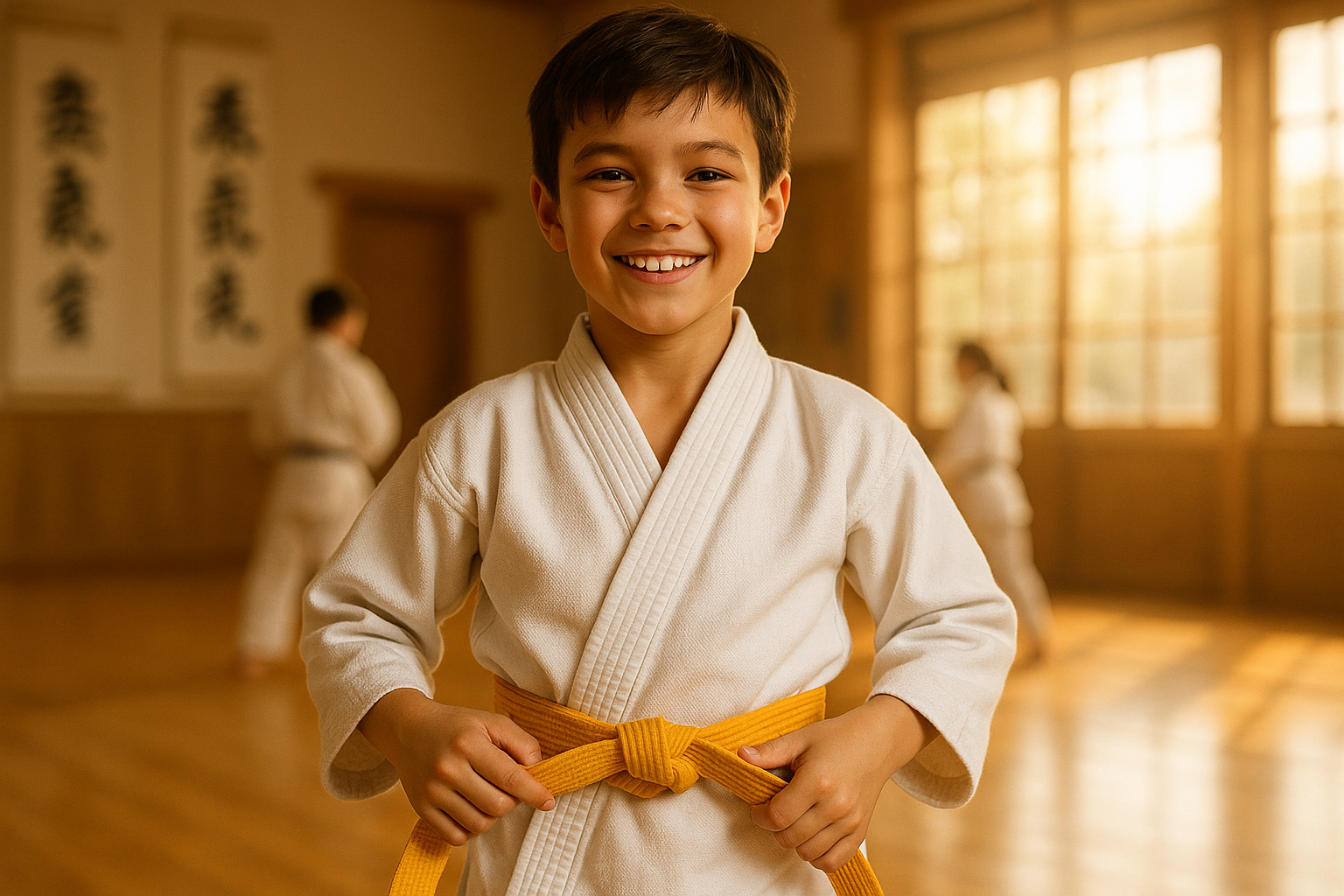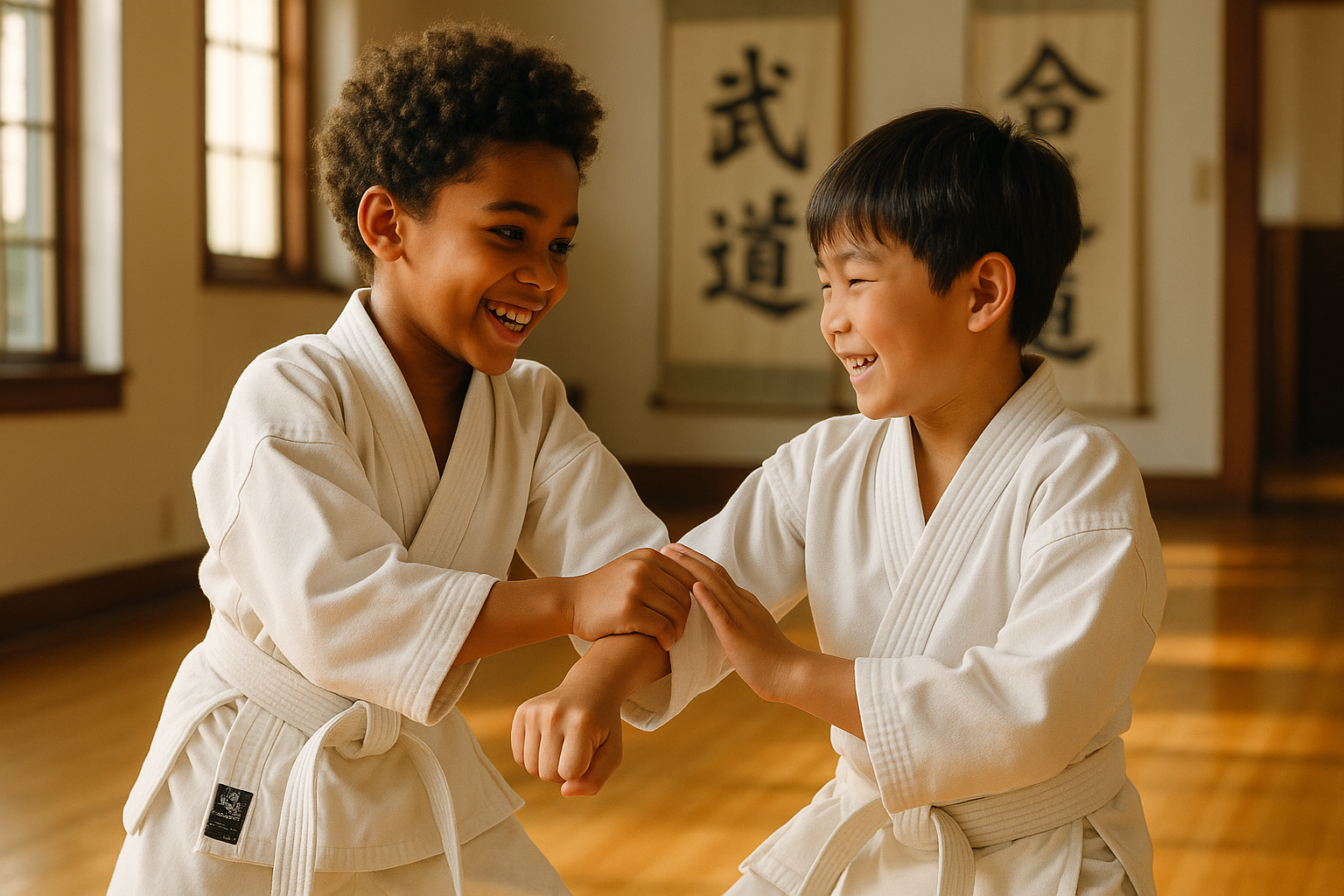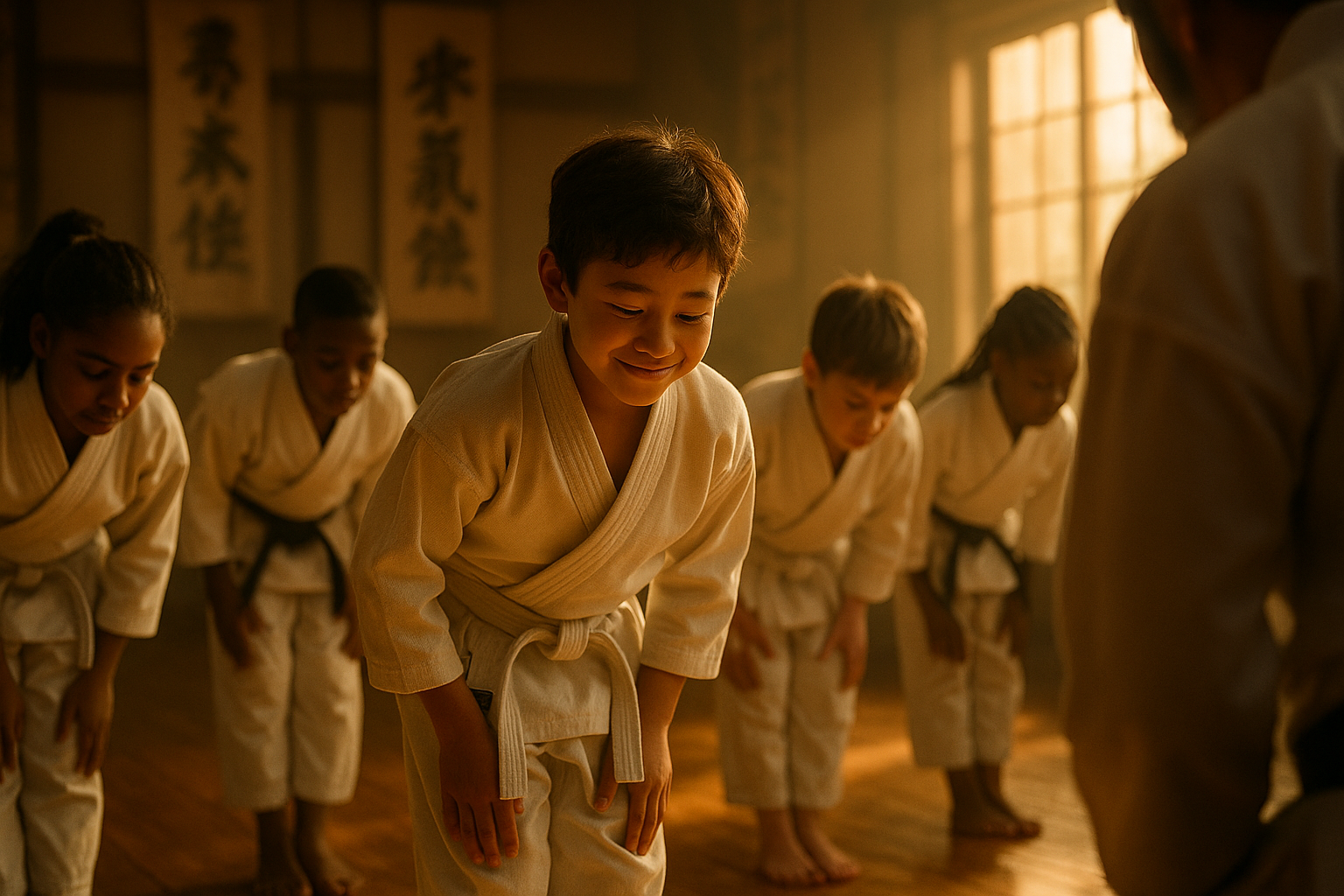Listen up, parents. I'm about to tell you something that might shock you.
Your kid's biggest problem isn't lack of talent. It's not being "behind" other kids. And it's definitely not needing more screen time or fancy gadgets.
The real problem? Your child can't listen.
And before you get defensive and tell me your little angel is perfectly fine, hear me out. Because what I'm about to share with you could be the difference between your child struggling through life... or absolutely dominating every challenge that comes their way.
The Listening Crisis That's Destroying Our Kids
We're living in the most distracted generation in human history. Kids today are bombarded with notifications, sounds, flashing screens, and constant stimulation. Their brains are literally being rewired to crave instant gratification and jump from one thing to the next.
The result? Children who can't focus. Kids who zone out in class. Students who hear instructions but don't actually listen to them.
And here's the kicker: This isn't just a "phase" they'll grow out of.
Poor listening skills follow kids into adulthood. They become the employees who miss important details. The partners who don't really hear what their loved ones are saying. The leaders who make costly mistakes because they didn't pay attention to crucial information.
But what if I told you there's a proven system that transforms scattered, distracted kids into focused, attentive powerhouses?
What if this same system has been quietly creating successful adults for thousands of years?
And what if your child could master this skill in just a few months?
The Ancient Art That Creates Modern Success
Martial arts isn't just about kicks and punches. It's about something far more valuable: the ability to listen with laser-sharp focus.
From the moment a child steps onto the mat, they enter a world where listening isn't optional—it's survival. Every technique, every movement, every safety protocol depends on their ability to absorb, process, and act on what they hear.
Think about it. In martial arts, you can't fake it. You can't pretend to listen and hope for the best. If you don't hear the instructor's guidance on proper form, you could get hurt. If you miss the details of a technique, you won't be able to execute it. If you're not paying attention to safety rules, you put yourself and others at risk.
This creates what I call the "Consequence Learning Environment." Unlike school, where a child might zone out and still pass the test, martial arts provides immediate feedback. Listen well, and you succeed. Don't listen, and you fail—instantly and obviously.
The Four Pillars of Martial Arts Listening Mastery
Pillar #1: Active Engagement Listening
Most kids think listening means sitting quietly while someone talks. Wrong. Dead wrong.
In martial arts, children learn that real listening is an active sport. They must:
• Watch the instructor's demonstration with eagle eyes
• Process verbal instructions while observing physical movements
• Ask clarifying questions when something isn't clear
• Immediately apply what they've learned through practice
This isn't passive absorption—it's dynamic engagement. Kids learn that listening is something you do , not something that happens to you.
I've watched six-year-olds who couldn't sit still for a five-minute story at home suddenly focus with laser intensity for an entire 45-minute martial arts class. Why? Because they discovered that active listening leads to immediate results they can see and feel.
Pillar #2: Respectful Authority Recognition
Here's where martial arts gets really powerful. Children learn that listening is a form of respect—and respect is a two-way street.
When a martial arts instructor speaks, students listen. Not because they're forced to, but because they understand that the instructor's knowledge and experience deserve their attention. This creates a positive feedback loop:
• Child listens respectfully to instructor
• Instructor provides valuable guidance and praise
• Child sees improved performance and feels successful
• Child associates listening with positive outcomes
• Listening becomes a habit, not a chore
This respectful listening transfers directly to other authority figures in the child's life. Teachers report that martial arts students are more attentive in class. Parents notice their children following directions more readily at home.
Pillar #3: Body Awareness and Self-Listening
Here's something most people miss about martial arts training: it teaches children to listen to themselves.
Kids learn to tune into their bodies, recognizing:
• When they're getting tired and need to adjust their effort
• How their muscles feel during different movements
• Whether they're maintaining proper balance and form
• When they need to breathe deeper or relax tension
This self-awareness creates what psychologists call "metacognition"—thinking about thinking. Children become aware of their own mental and physical states, which dramatically improves their ability to focus and respond to external instruction.
When a child learns to listen to their own body, they develop the foundation for listening to everything else in their environment with greater clarity and purpose.
Pillar #4: Distraction-Proof Focus
The martial arts training environment is specifically designed to eliminate distractions and build concentration. No phones, no screens, no background noise—just focused attention on the task at hand.
Children learn to:
• Block out external distractions
• Maintain focus even when tired or challenged
• Return their attention to the instructor when their mind wanders
• Stay present in the moment rather than thinking about what's next
This isn't just beneficial during class. These focus skills transfer to homework time, family conversations, and social interactions. Parents consistently report that their martial arts kids are better able to concentrate on tasks and follow through on commitments.
The Transformation Parents Can't Stop Talking About
Let me share what happens when children develop these listening superpowers through martial arts training.
Academic Performance Skyrockets
Teachers notice martial arts students differently. These kids:
• Follow multi-step instructions without needing repetition
• Ask better questions because they've actually heard and processed the lesson
• Participate more actively in class discussions
• Complete assignments more accurately because they listened to all the requirements
Home Life Becomes Peaceful
Parents report dramatic changes:
• Less arguing about chores and responsibilities
• Children following directions the first time they're given
• Better family conversations where kids actually engage
• Reduced conflict because children listen to explanations and reasoning
Social Skills Improve Dramatically
Kids with strong listening skills become better friends:
• They hear what their peers are really saying
• They respond appropriately to social cues
• They build deeper, more meaningful relationships
• They become natural leaders because others feel heard around them
The Science Behind the Success
Neuroscientists have discovered something fascinating about listening and brain development. When children practice focused listening regularly, they literally rewire their brains for better attention and processing.
The martial arts environment creates what researchers call "optimal learning conditions":
• Clear expectations : Children know exactly what's expected of them
• Immediate feedback : They see the results of good or poor listening instantly
• Progressive challenge : Skills build systematically over time
• Positive reinforcement : Success is celebrated and acknowledged
This combination triggers the release of neurotransmitters that strengthen neural pathways associated with attention, memory, and learning. In simple terms: martial arts training makes kids' brains better at listening.
Beyond Childhood: The Lifetime Advantage
The listening skills children develop in martial arts don't disappear when they grow up. They become the foundation for success in every area of adult life.
Career Success
: Adults who listen well become the employees everyone wants to work with. They catch details others miss, understand instructions clearly, and build strong professional relationships.
Leadership Abilities
: Great leaders are great listeners. They hear what their teams really need, understand customer concerns, and make decisions based on complete information rather than assumptions.
Personal Relationships
: Strong marriages and friendships are built on the ability to truly hear and understand others. People who learned to listen as children become the partners and friends everyone treasures.
Continuous Learning
: In our rapidly changing world, the ability to listen and learn new skills is crucial. Adults with strong listening foundations adapt more quickly to change and continue growing throughout their lives.
The "Listening Gap" That's Costing Your Child
Every day your child goes without developing strong listening skills, they fall further behind. While other kids are building this crucial foundation, children without proper listening training struggle with:
• Academic challenges that could be easily overcome
• Social situations where they miss important cues
• Family relationships strained by poor communication
• Future opportunities lost due to inattention to detail
The gap widens over time. A child who can't listen well at age 6 becomes a teenager who struggles in high school, then an adult who faces unnecessary challenges in college and career.
But here's the good news: it's never too late to start building these skills. And martial arts provides the fastest, most effective path to listening mastery.
The Martial Arts Listening Advantage
Unlike other activities that might help with focus or discipline, martial arts creates a unique environment where listening skills are developed systematically and comprehensively.
Sports might teach some focus, but they don't emphasize the detailed instruction-following that builds listening skills.
Music lessons require some listening, but they're typically one-on-one and don't provide the group dynamic that builds social listening skills.
Academic tutoring might help with school performance, but it doesn't address the underlying listening challenges that create academic struggles in the first place.
Martial arts combines all these benefits and more, creating a comprehensive listening development program disguised as fun, engaging physical activity.
What Happens Next?
Your child's future is being shaped right now by the skills they're developing today. Every conversation they miss, every instruction they don't fully hear, every opportunity to practice focused attention that passes by is either building their success foundation or allowing it to crumble.
The children who develop strong listening skills early become the teenagers who excel in school, the young adults who land great jobs, and the mature adults who build meaningful relationships and successful careers.
The question isn't whether listening skills matter—the question is whether your child will develop them now, when it's easy and natural, or struggle to catch up later when the stakes are higher and the learning is harder.
Martial arts offers your child the chance to master this crucial life skill while having fun, building confidence, and developing physical fitness. It's not just about learning to kick and punch—it's about learning to listen, focus, and succeed in every area of life.
The transformation starts the moment they step onto the mat. The benefits last a lifetime.





